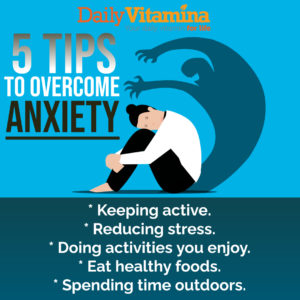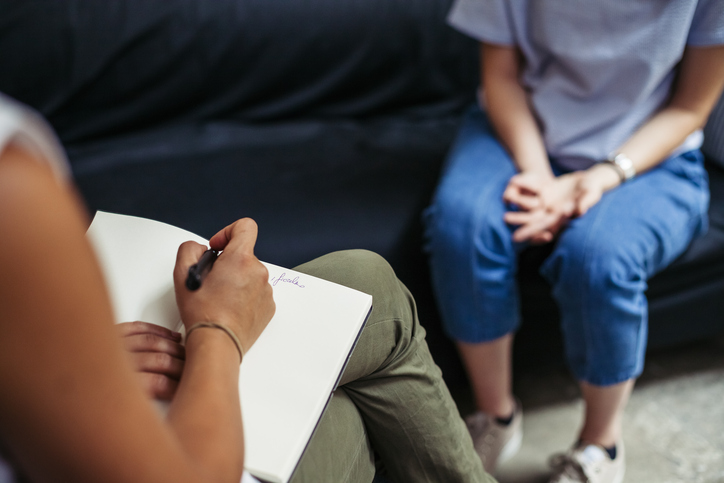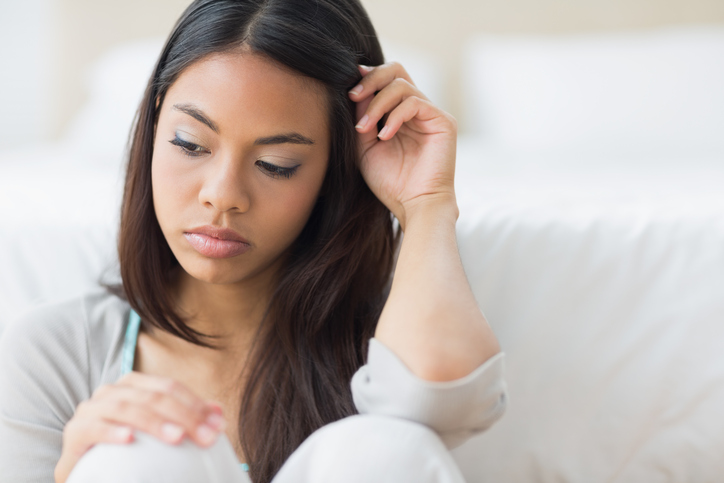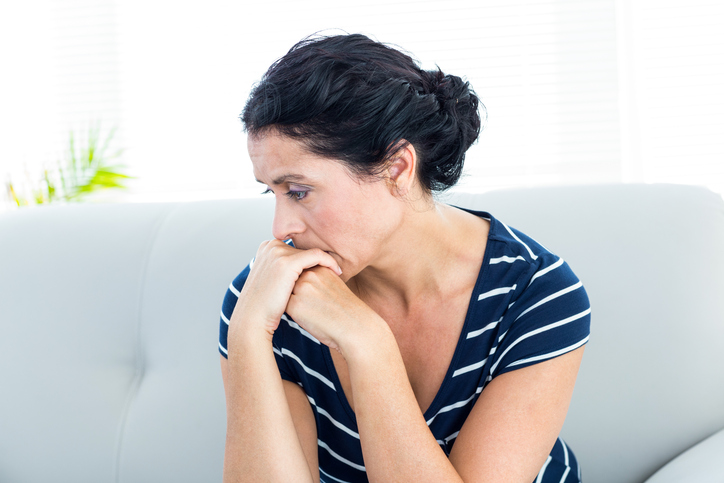Anxiety also affects the part of the brain that helps people communicate. This condition makes it hard to be creative or effective in relationships. Mental faculties can include restlessness, irritability, inability to concentrate, and fear that something terrible will happen.
Women are twice as likely as men to have anxiety disorders. Researchers don’t know why this happens, but they think that changes in female hormone levels and reproductive cycles increase the risk of anxiety disorders.
People with anxiety disorders rush to treat this condition and turn to medications. These medications “short-term” calm and relax people with excessive anxiety and nervousness. However, drugs can lead to side effects such as sedation, drowsiness, depression, and dizziness.
Many patients seek alternative medications for their condition, such as herbs. For example, St. John’s wort (Hypericum perforatum) treats anxiety, insomnia, and depression. This herb slows the breakdown of brain chemicals called serotonin. Low serotonin levels are associated with depression. Despite its benefits, people should seek physician approval to clarify side effects.
Four techniques to limit and manage anxiety.
1 ICE WATER. Immerse your hands in ice water or splash on your face. Stimulation of the sensory system with cold water combats anxiety. 2 CLENCH YOUR FISTS. As if you were angry, clench your fists as tightly as possible. Inhale deeply, and relax your hands at a little as you exhale. Then stretch your fingers as far as possible. Become aware of your body again, and notice that your anxiety points have decreased. 3 CALMING PHRASE. Take at least three deep breaths, inhaling through your nose and exhaling through your mouth. Slowly repeat three times: ‘I am well and loved.’ You will be calmer in no time. 4 DECREASE YOUR ATTENTION ON SOCIAL NETWORKS. Internet surfing increases anxiety and fear due to inaccurate or irrelevant information.
![]()
Anxiety is a feeling that affects everyone, whether we are aware of it or not. It is a fear, worry, and concern about something in the future or apprehension about what might happen. It is a heavy burden that weighs down the mind and body, making it difficult to concentrate. Common causes of anxiety include mental health conditions, physical conditions, drug use, stressful life events, shyness or distress in new situations, exhaustion or stress buildup, lots of change or uncertainty, feeling under pressure while studying or working, and long working hours.
Sometimes, anxiety is a priceless reaction that helps us stay alert to potential danger. However, when it becomes excessive, it is debilitating and interferes with our daily lives. It can manifest with physical symptoms, such as palpitations, shortness of breath, tightness in the chest, and muscle tension.
➡️ Encyclopedia Online >
Hypericum perforatum. Anxiety. Serotonin.







